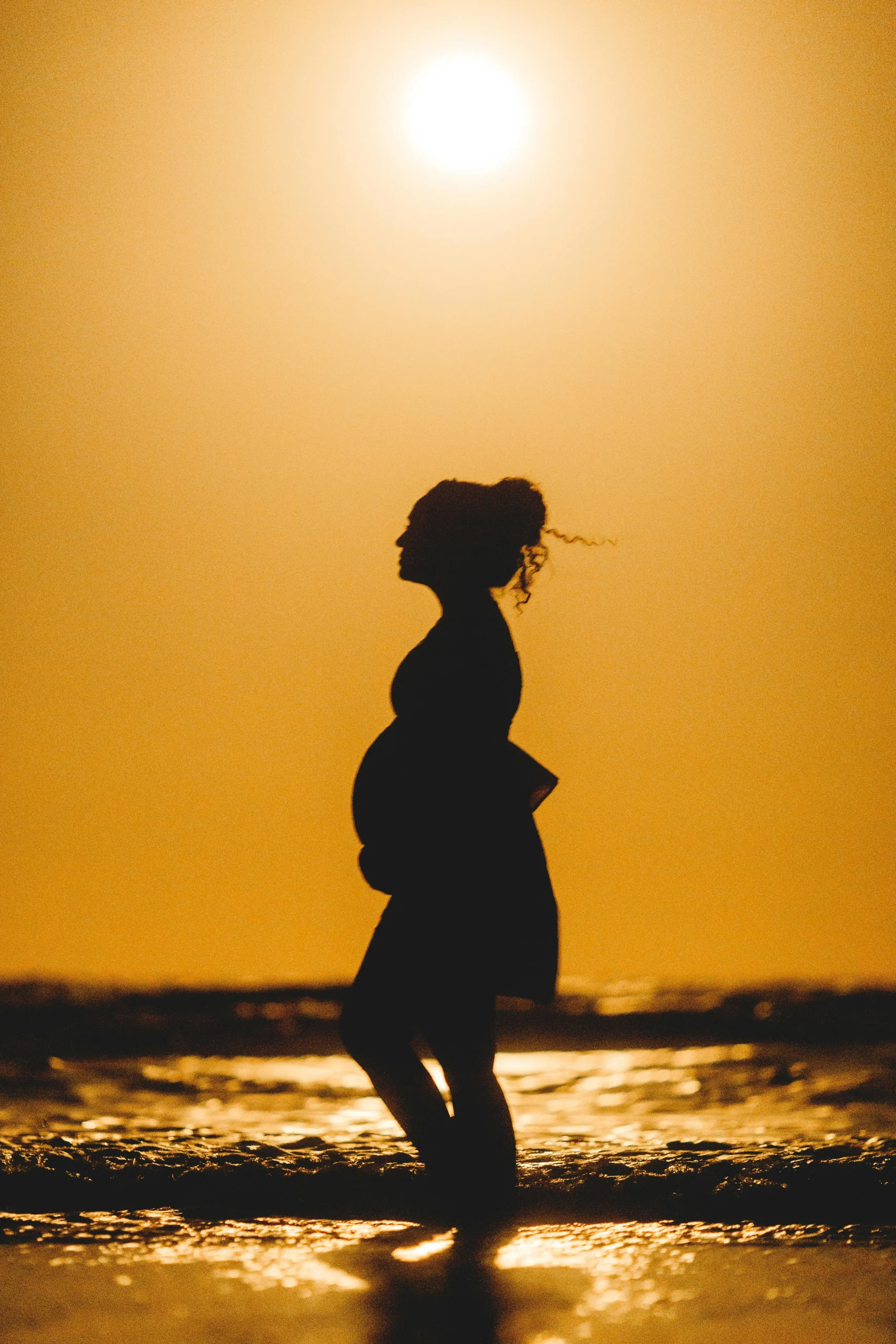In a private Facebook group dedicated to birth stories, a woman named Emily shared a powerful image of herself giving birth to her daughter. This heartfelt moment, posted just a day before her child’s first birthday, captured the raw emotions of bringing a new life into the world. Emily, a consultant who helps mothers learn to hand express breast milk through her website, The Milkin Mama, expressed her gratitude and joy with the caption: “Today marks one year since this beautiful moment. I am humbled, grateful, and honestly, a badass. I can’t believe my baby is one year old!”
Despite the commonality of such images in the realm of birth photography, the photo was flagged and subsequently removed by Facebook for violating their nudity policies. A member of the NYC Birth group, which is intended for expectant parents and those who have given birth in New York City, found the image inappropriate and reported it. Emily commented, “I’ve seen other similar images, including nipples, in this group. I felt safe sharing my story with people I trusted.”
After the removal, when Emily logged into her account, she was greeted with a notification stating her photo violated Facebook’s nudity standards. Surprisingly, even after confirming that none of her other submitted photos contained nudity, she encountered a prompt to remove other images that were completely clothed.
Facebook clarified its stance earlier this year, stating, “We restrict some images of female breasts if they include the nipple, but we always allow photos of women actively engaged in breastfeeding or showing breasts with post-mastectomy scarring.” This has led to a number of controversial instances where breastfeeding images were removed, prompting backlash from users who argued that breastfeeding is a natural act without sexual implications—just like childbirth.
Emily voiced her surprise at the removal, emphasizing the need for a safe space to process her experiences, especially in a group designed for such discussions. While Facebook, as a private entity, can enforce its policies, many believe there should be more understanding regarding the context of birth images, which are devoid of sexual intent. Instead of flagging a photo, those who are uncomfortable could simply scroll past.
Despite the incident, Emily remains optimistic, stating, “I’m glad this happened. We need to advocate for a better conversation around birth for all mothers, and if sharing my story helps, I’ll be thrilled.”
For those interested in learning more about fertility and home insemination, check out this informative resource on fertility treatment. You can also explore our other blog post about intracervical insemination for more insights on the subject. If you’re looking for expert guidance, Make a Mom offers valuable advice on couples’ fertility journeys.
In summary, Emily’s birth photo was removed from Facebook due to nudity policy violations, despite being posted in a private group. This incident highlights the ongoing debate around the portrayal of natural acts like childbirth on social media platforms and the need for more nuanced understanding of such images.
